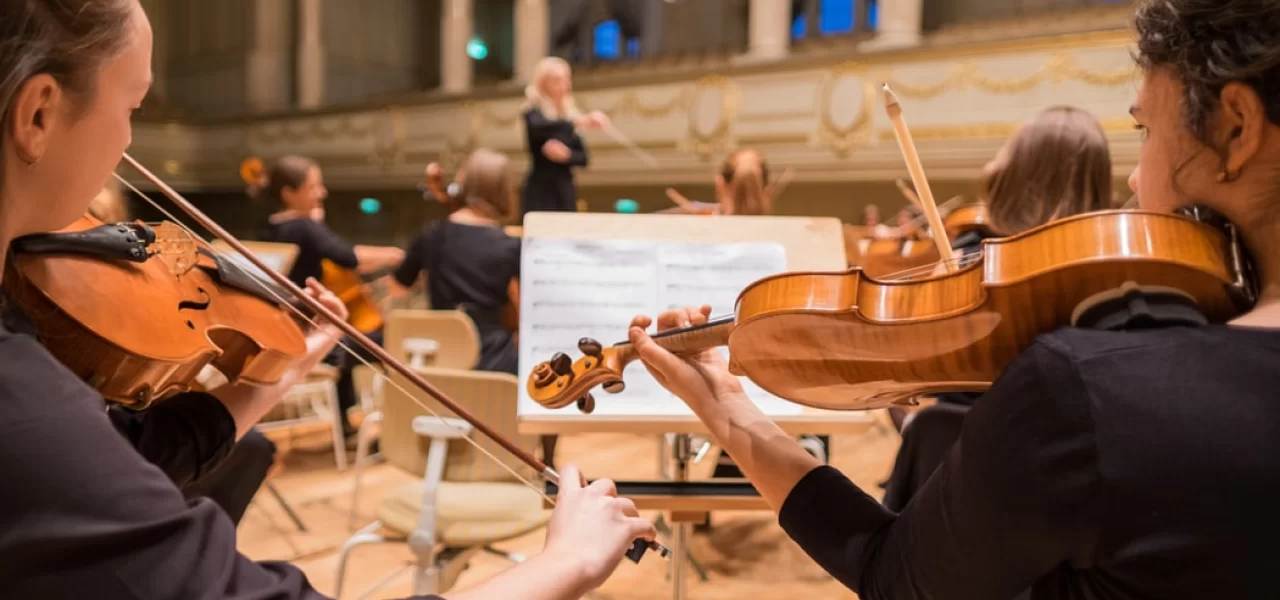We have talked so many times about the need to put opera in a social context, within a real community of fans. There we are said how important it is to share the moment of representation, live together one show and compare points view and impressions. After all, musical and cultural popularization was born precisely with this intent: to share knowledge and passions, to try to reach potentially anyone, from the most passionate audience to those who have never heard of the subject matter. Opera has for years been surrounded by an elitist aura that distances it from the general public, makes it perceived as distant, for the few. And instead, this kind us demonstrates in continuation how much you know communicate with the spectators today, you manage to involve, emotive. The combination of music, scenes, lighting, physicality and direction unleashes a series of feelings in the audience that is extremely powerful. The most interesting result, however, is not so much the emotion, but the reflection that the theater causes in the audience. This is not only a characteristic of serious opera: even the comic genre, despite its lightness, cannot help but provoke reflection and opinion in the audience. When confronted with such long-lived masterpieces, as relevant today as two hundred years ago, albeit in different ways, the audience cannot remain indifferent. This phenomenon results in a personal reflection that each spectator processes during the performance and afterwards. The magic happens when we begin to communicate between individuals, creating a collective discussion, an open and organic confrontation. In recent decades, the elite for whom melodrama was intended has unquestionably expanded. Opera, almost without the multitude being able to notice, has broadened its horizons, reaching a wide and diverse audience. An essential role has been played by the media, whose increasingly extensive and widespread means have brought these cultural products to even the most unsuspecting audiences. Alongside gradually more widespread listening, opera has also been able to reach young people, proving that even today there is a large under-30 community that knows how to appreciate the compositions of past centuries and is unequivocally fascinated by the theater. And if the language of the generations of the 1990s and beyond relies heavily on social media, it is no coincidence that opera has also found fertile ground in the digital sphere. Facebook, Instagram and now also TikTok are no doubt channels of distribution ample, which is flanked by platforms such as YouTube, Spotify and the like that allow a musical diffusion without boundaries. If it has already been possible for years to listen to whatever opera comes to mind with a few simple clicks, without having to physically buy records and recordings, it is easy to see how the distance between artists and audiences has been thinning year after year. Yes, because if opera in past decades was sprinkled with that elitist aura we were talking about, for artists it was even worse, often perceived as stars, distant from the audience and unreachable by skill, name and rank. Outreach activities including through the web, of which our blog and social pages, are just one of many representations, have certainly played a key role in the changes related to our field. But not only associations and pages, also individuals, the direct contact of individuals, the network that has been created around the world of theater and opera is a wonderful phenomenon with multiple consequences. On the one hand, the elitist patina has remained by the very nature of the theatrical genre of opera: the ancient and refined languages of music and librettos, the seniority that distinguishes compositions, the solemnity of performance venues have certainly preserved its preciousness. At the same time, however, opera has become more spontaneous, consumable and easily found on any social channel feed, and even the singers, in most cases, have stopped being stars and VIPs, rediscovering a more informal contact with the audience, sacrificing their protagonism in favor of a more genuine and three hundred and sixty degree performance. No more ostentatious perfection, but a more reliable account of their people, the artists’ lives, the difficulties of the craft, anxieties and fears. In this way, their advice and words of encouragement that often act as teachers to the younger generation also become more concrete. No more “recitar cantando,” but rather a communicating by speaking to the community with spontaneous sincerity.


